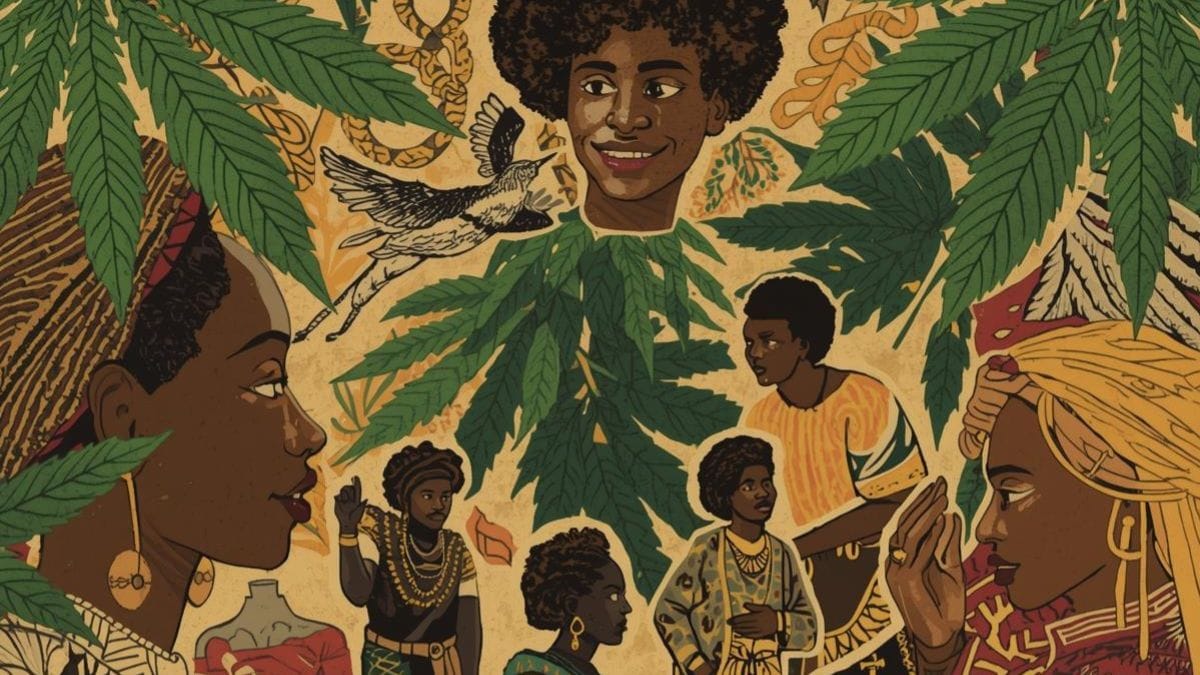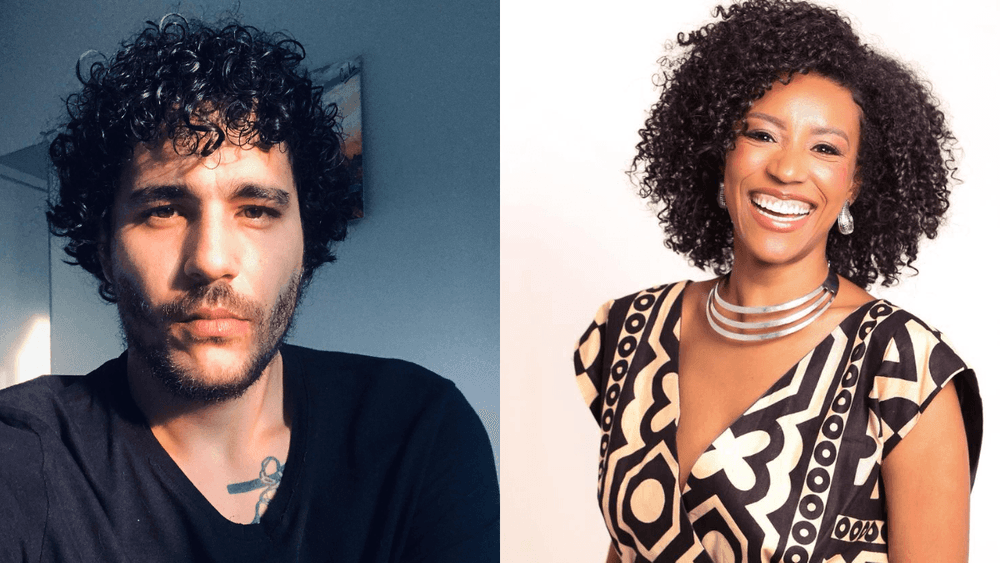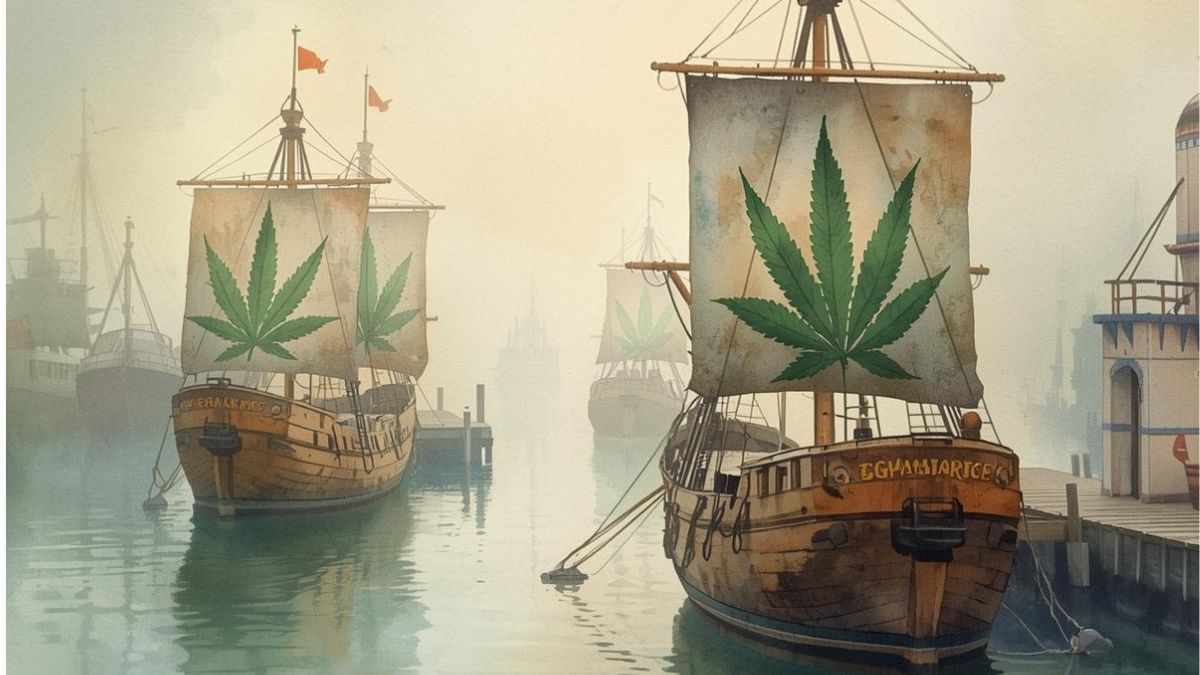Black Consciousness Day: The history of cannabis in Brazil and its relationship with resistance
Podcast discusses how the plant's trajectory in the country is inseparable from the struggle of the black population
Published on 11/20/2025

Black Consciousness Day, a fundamental date dedicated to reflecting on the struggle and invaluable contributions of the black population. Image: Canva Pro (AI)
On this November 20th, Black Consciousness Day is celebrated, a fundamental date dedicated to reflecting on the struggle and invaluable contributions of the black population. The choice of the date marks the death of Zumbi dos Palmares and, since 2023, it has been a national holiday, reinforcing the fight against racism. This moment also invites us to revisit erased facts, such as the complex history of cannabis in Brazil.
Beyond official celebrations, it is necessary to understand the relationship between the black population and the plant. In an interview with Deusa Cast podcast, historian Luiz Fernando Petty and dentist Joyce Bernardo brought essential facts to light. They discuss how the history of cannabis in Brazil is linked to racism, prohibition, and ancestry.
The history of cannabis in Brazil: myths of arrival

One of the central points debated was the introduction of cannabis in the national territory. There is a popular belief that seeds were brought by enslaved people, hidden in cloth dolls or clothing. However, the true history of cannabis in Brazil points to a different and more cruel reality.
Historian Luiz Fernando Petty reflects on this version, classifying it as "unlikely" given the context of the slave trade. He highlights the inhumane conditions to which these people were subjected during the crossing.
"The enslaved people in Brazil were first kidnapped from their territories, they came naked and also did not know they were being enslaved, nor that they were coming to another territory," explains Petty.

According to historical evidence, the seeds mainly arrived through travelers, sailors, and enterprises of the Portuguese Crown, such as the Royal Hemp Linen Factory. However, the cultural and social use was consolidated by African peoples and their descendants. It was they who named the herb with names like diamba, liamba, and marijuana.
"Marijuana comes from the word 'macanha,' which is African and means 'sacred herb'," points out the historian.
Prohibition and social control in the history of cannabis in Brazil
The conversation also shed light on how the prohibition of the plant did not originate from health concerns. In fact, the ban functioned as a tool for social control of the black population, especially in the post-abolition period. This is a decisive chapter in the history of cannabis in Brazil.
Petty emphasizes that while European habits were socially accepted, black practices were systematically criminalized. Persecution specifically targeted African cultural practices and rituals.
"If it were a white person using it, like tobacco and alcohol, marijuana would never have been criminalized in Brazil. But as it was associated with black groups... ways were sought to criminalize this newly liberated population," says Petty.
This repression culminated in the 1830 "Pito do Pango" law in Rio de Janeiro. Considered the world's first law to prohibit the use of the plant, it specifically punished the enslaved people who used it.
Ancestry and healing
Dentist Joyce Bernardo brought to the discussion the perspective of ancestry and historical medicinal use. For the enslaved black population, the plant transcended recreational use. It was a tool for physical and spiritual survival within the harsh history of cannabis in Brazil.
The herb was used to endure the physical and emotional pain resulting from the violence of the slave system. The use involved the maceration of leaves to treat wounds and rituals of spiritual connection.
"They began to understand the power that the plant brought... the plant was indeed placed as a goddess, to ritualize, sing, and bring healing," recounts Joyce.
Watch the Full Podcast
The complete discussion offers a deep dive into how the plant's trajectory is inseparable from the history of the black community. To better understand these points and discover other aspects about harm reduction, it is worth checking out the full episode.









